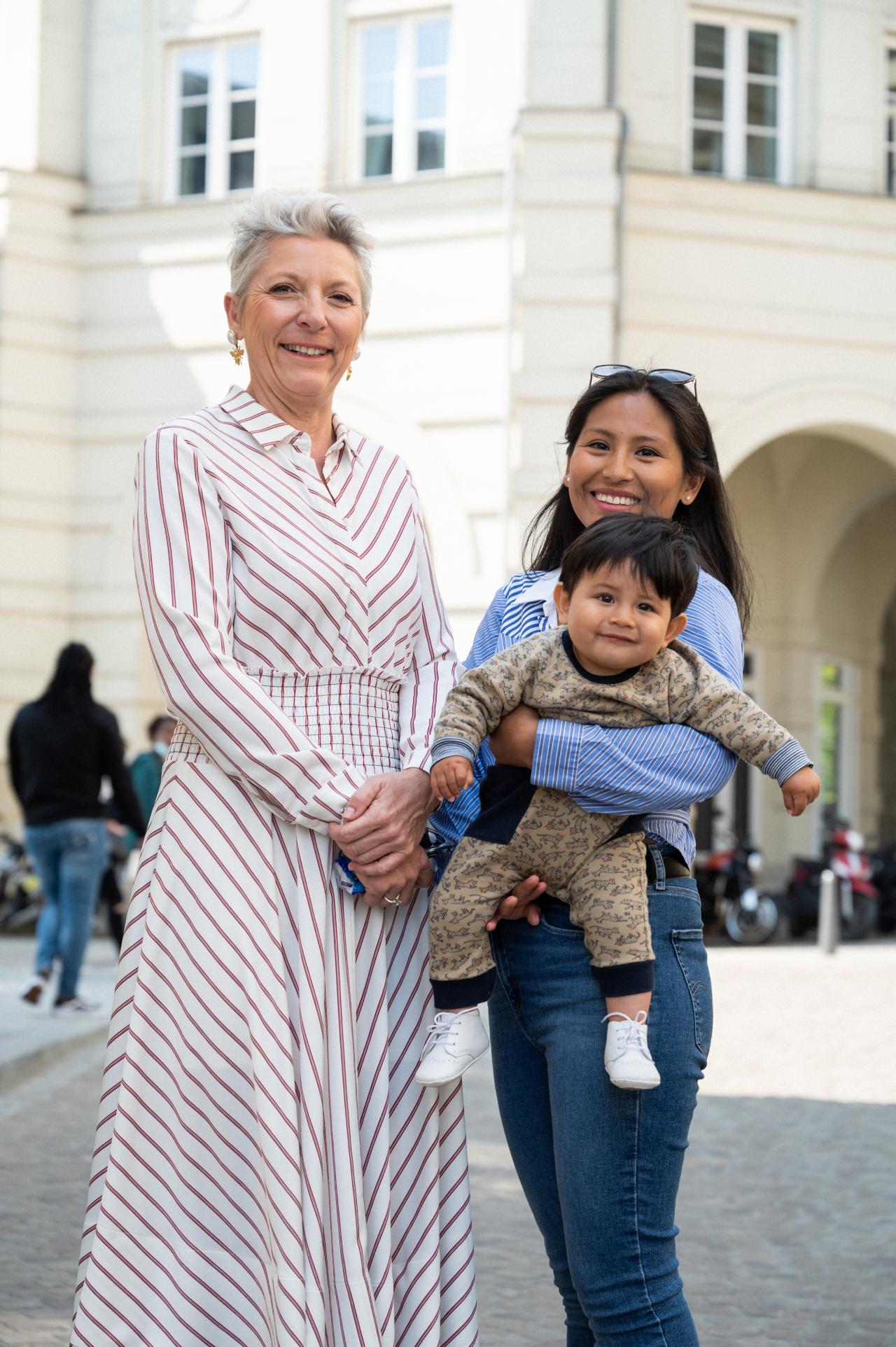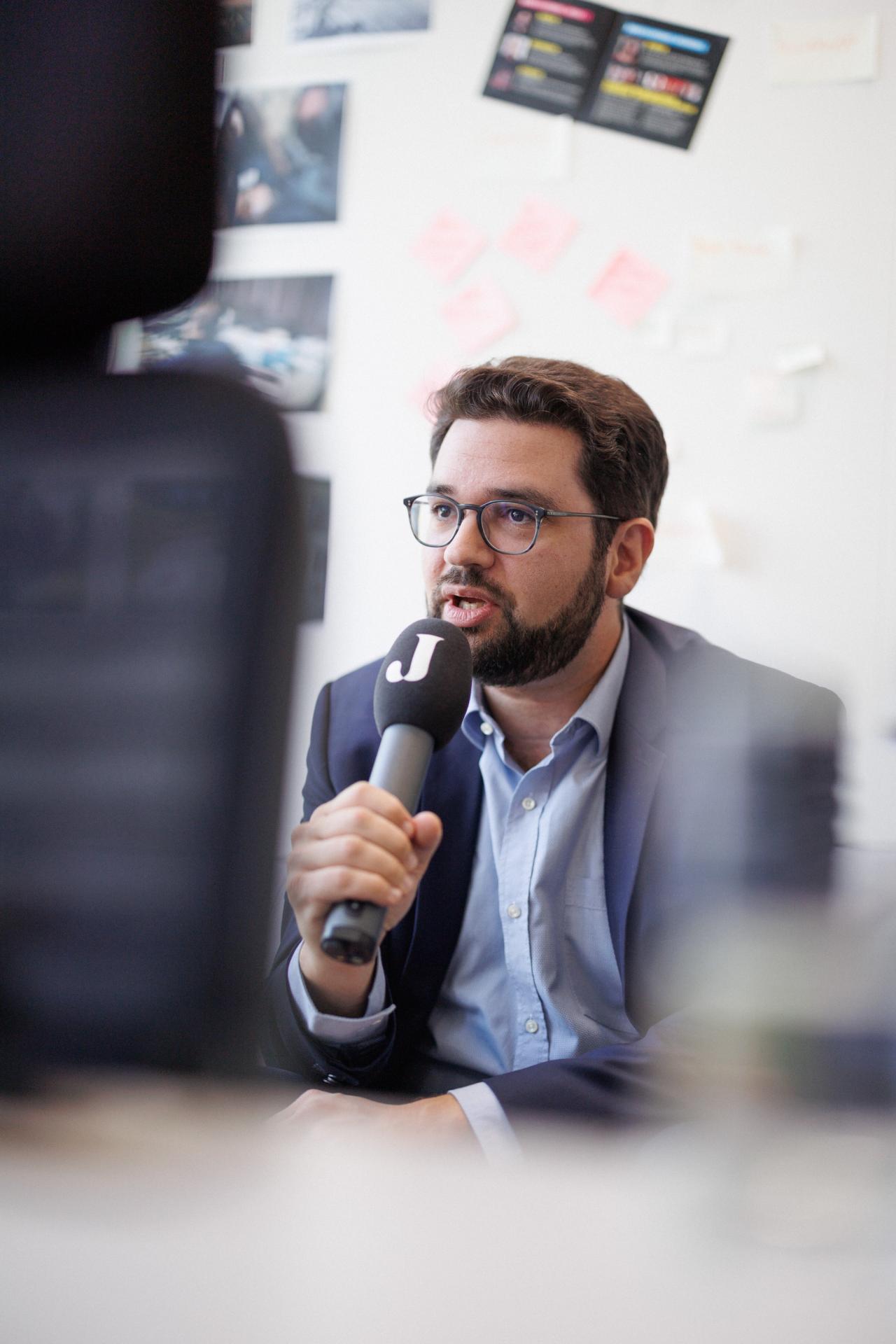
Listen to this article
The Lëtzebuerger Journal is already celebrating its second digital birthday. We have found our place in the media landscape, evolved and are ready for 2023. None of this would be possible without the people who tell us their experiences and perspectives. To mark the occasion, each team member has chosen a contribution whose story has stuck with him or her this year.
A second year has passed since the Journal was reborn on the internet. 365 days that confirm our editorial line and quite simply our determination to tell Luxembourg differently, to take side roads, to show what residents and others experience beyond announcements and statistics. All the while staying as close as possible to essential and unavoidable themes, from housing to the fight against climate change.
I am particularly interested in legal battles, because they often express the gap that can exist between the laws in force and the evolution of society. It is rare for a government to change a law on its own. It does so under pressure from society, which manifests itself in the streets but also in the courts.
Sometimes the government – or the administration – is stubborn. This was the case for Jeanne Wagner, who for 12 years was confronted with the stubborn refusal of the Ministry of the Family to let a single woman become a mother. The ministry clung to the law but above all to a retrograde and fixed vision of what a family should be. And it trampled on the law, since the full adoption of her daughter had been authorised and validated by her country of origin, Peru. Jeanne Wagner had to go all the way to Strasbourg, before the European Court of Human Rights, to finally have the violation of her fundamental rights by Luxembourg recognised.
"Behind each judicial decision is a person, a family whose life is directly affected."
However, Jeanne Wagner's victory has a taste of unfinished business, since even today, 15 years after the European Court of Human Rights' ruling, Luxembourg law has still not been amended. As a result, the Public Prosecutor's Office of the district court systematically rejects adoptions acquired abroad by single women, who must go to court to plead their case. This means paying lawyers' fees and worrying about being denied legalization of the unbreakable bond between them and their child, when a simple stamp should suffice. I was told by the Ministry of Justice in the spring that the law would be amended in the autumn of 2022. There is no sign of it yet.
Perhaps if thousands of people were concerned, their voices would carry enough weight to make things happen more quickly. But even so: behind each judicial decision is a person, a family whose life is directly affected. Like the cook who was sacked after returning from parental leave, or the dairy farmer who fought against the unfair quota distribution system – a fight that ended in the reorganisation of the justice system in Luxembourg. They won their case, yes, but at the cost of years of stress and anxiety and even financial hardship.
This is why one of the pillars of the Journal, putting people at the heart of our articles, applies particularly well in the field of justice, where we remember the judgments and rulings, often forgetting those whose lives they have changed. I am referring to those, and also to the lawyers who are involved in these cases. The Histoires d'avocats podcast is thus for me a way of lifting the veil on lawyers and allowing them to explain their speciality, to express their experience, to go beyond preconceived ideas about their profession. To show that there is more than a brain that has memorised the civil code behind the robe – a person, often passionate about his or her subject, and concerned with defending his or her clients, whom they sometimes accompany for years.







